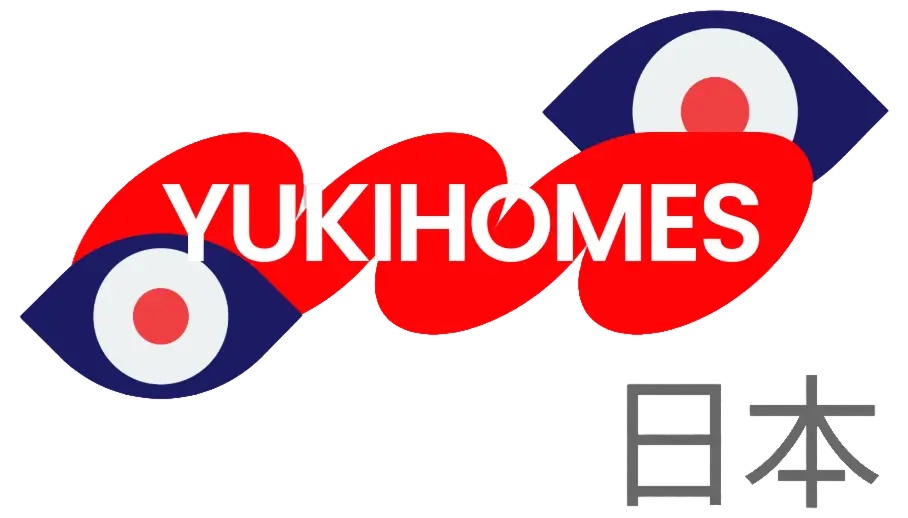Japan’s flexible zoning laws (which I’ve explored in detail in a previous newsletter) offer an incredible level of freedom for creatives and entrepreneurs looking to do more than just buy a home but put down roots. After reading Emergent Tokyo and diving deeper into the strengths of Japan’s mixed-use zoning system, I realized just how much opportunity it creates for anyone dreaming of starting a small business with very limited overhead and helping to revitalize Japan’s aging towns in the process.
I was recently talking to my uncle about this, specifically the magic of Japan’s zoning rules. I explained how, in many cases, you can open a soba noodle shop on the first floor of your house in a residential neighborhood with minimal red tape. His reaction? “But then I have to live next to a commercial business and deal with riff-raff.” I laughed. To me, living in a dense, mixed-use neighborhood sounds like a dream compared to the sterile suburban sprawl of Long Island, where I currently live. But I get it, it’s not for everyone.

In much of Japan, you really can do it all on a single property: open a guesthouse, run a noodle shop, raise goats, and host tourists, often without the need to jump through endless regulatory hoops. What might sound chaotic to some (like my boomer Uncle) sounds like intentional, human-centric living to others. It creates a long list of benefits; by not limiting commercial businesses to strictly designated zones it creates more walkable cities. It also lowers overhead in numerous ways. If you can open a shop in your own home, you don’t have to pay rent, and you can offset the costs of your home with a thriving business. This leads to a larger diversity of shops in the neighborhood and increase’s residents’ choices, and you can see this in statistics. Japan’s has the most restaurants per capita out on any country in the world.
There’s so much discourse today around how to build more livable cities, places that feel organic, walkable, and connected. Japan’s zoning laws allow towns to grow from the ground up, shaped by the needs of their residents rather than top-down masterplans. If a neighbor needs a small grocer within walking distance, one can appear quickly, with limited red tape and financial strain. This is what makes so many Japanese towns feel so live able. The magic of dense mixed-use neighborhoods, Japan’s answer to American suburban sprawl and white picket fences.

The challenge, of course, is that many of these towns have seen their younger generations flee to the cities in search of jobs and opportunities. But this is where foreign buyers and entrepreneurs can make a real difference. By choosing to invest in these towns, not just with money, but with creativity and community spirit, we can help re-energize rural Japan, diversify local economies, and build something meaningful for ourselves and the neighborhoods we become a part of.
I just want to make clear that flexibility does not equal lawlessness. A lot of these businesses do require licensing for your local municipalities. But its all very possible, in contrast to American and Europe’s Strick Euclidean style zoning.
Check out our new search and Discovery tool
Take the Next Step
Join our community for exclusive insights and resources on Japanese real estate investments.

Our team
Meet the founders.

Derek has been working in the Airbnb space for the past 10+ years and recently purchased a home in Japan. He is excited to bring this investment opportunity to others in the States & abroad.

Nick has a passion for adventure and has always dreamed of owning a property in Japan. His dreams finally came true when Derek brought him in on a deal of a lifetime in Hokkaido, Japan - one of Nick's favorite places on Earth.


